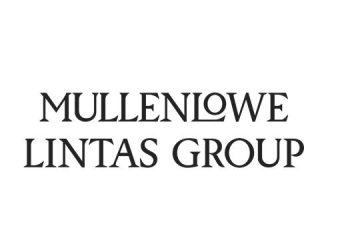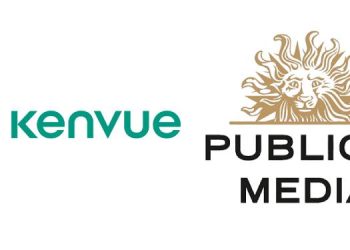Recent headlines surrounding Google have focused on the impact of its latest legal battle with the U.S. government on the company’s future. However, amidst these courtroom developments in Eastern Virginia, Google continues to advance its business operations. On September 12, the tech giant introduced a new marketing tool called “confidential matching.”
This new offering leverages “Trusted Execution Environments” (TEE) to enhance data security for advertisers utilizing Google’s marketing tools, such as Customer Match and Enhanced Conversions. According to Google, confidential matching aims to protect first-party data, including CRM lists and customer loyalty information, from potential data leakage.
The introduction of confidential matching is expected to provide media teams with increased data security assurances. As the advertising industry faces stricter regulations on consumer data, the ability to safeguard first-party data is becoming increasingly crucial.
Kamal Janardhan, Google’s Senior Director of Product Management and Measurement, explained that the new technology isolates business information during processing, ensuring that no one, including Google, can access the data being processed. This feature, first previewed at Google Marketing Live earlier this year, is now automatically enabled on Google’s platform.
To further reinforce its privacy credentials, Google is introducing “attestation” — a method of validating that data processing on its platform complies with regulations through third-party audits. Janardhan also noted that Google is sharing its TEE architecture and open-source examples to support the development of confidential solutions across the industry.
In discussions with media agencies and platform resellers leading up to the launch, some industry experts indicated that “confidential matching” could attract increased ad spend from marketers in highly regulated sectors such as finance and pharmaceuticals. The new data encryption features are anticipated to reassure advertisers that their first-party data will not be used in ways that could benefit competitors.
Jeremy Hull, Chief Product Officer at BrainLabs, noted that the attestation assurances allow Google to substantiate its privacy claims, whereas previously advertisers had to rely solely on Google’s statements. Hull added, “Advertisers can now verify that their data is not used by Google in ways they have not specifically approved.”
The concept of “Trusted Execution Environments” is also a key component of Google’s Privacy Sandbox proposals, which aim to explore privacy-focused advertising methods without relying on third-party cookies. Advocates believe TEE can facilitate complex ad targeting and performance measurement algorithms while preserving user privacy.

















